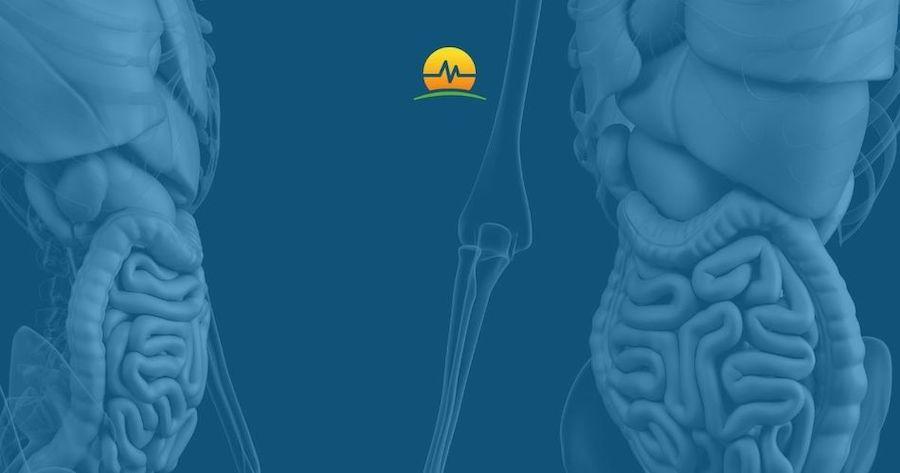
Updates and articles about General Surgery

After Weight Loss Surgery
Bariatric Procedures
Bariatric Surgery
BMI
Colonoscopy
Colorectal Disease
COVID-19
Diabetes
Diet
Diverticulosis
Exercise
Expectations
Gallbladder Surgery
Gastric Bypass
Gastric Sleeve
General Surgery
GERD
Getting Started
Hemorrhoids
Hernia Surgery
Hydration
In The News
Joints
Obesity
Osteoarthritis
PPIs
Premier Protein Recipes
Robotic Surgery
Sleep
Social Media
Support
Wegovy/Zepbound
Weight Loss
Weight Loss 101

